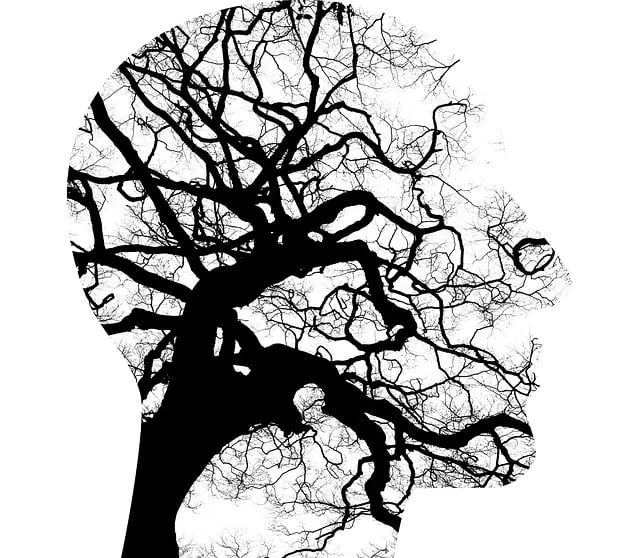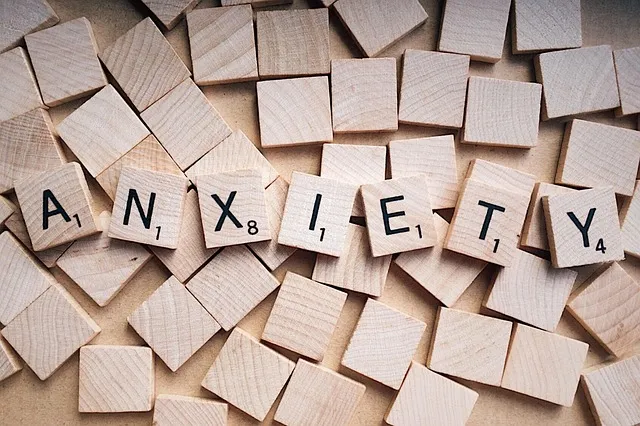The stigma surrounding mental health hinders access to critical care like Kaiser's inpatient services in Parker. Community outreach programs are vital in reducing this stigma, challenging stereotypes, and promoting understanding, thus lowering barriers to necessary mental healthcare. Kaiser's inpatient mental health services offer specialized care through comprehensive assessments, therapeutic interventions, and support groups, improving outcomes and encouraging open conversations about mental health. To further reduce stigma, Kaiser conducts risk assessments, develops Mental Wellness Coaching Programs, and promotes help-seeking without judgment. A comprehensive strategy integrating education, communication, and policy changes is required, with initiatives in communities and workplaces dispelling misconceptions and fostering empathy for those with mental health conditions. Organizations like Kaiser play a key role through crisis intervention guidance, public awareness campaigns, peer support groups, and professional training. Sharing real-life stories and resources can help normalize conversations about mental health and significantly reduce stigma, encouraging timely support from services like Kaiser's inpatient facilities in Parker.
Mental illness stigma remains a significant barrier to effective care, often deterring individuals from seeking help. This article explores comprehensive efforts to reduce this harmful perception, focusing on Kaiser’s inpatient mental health services and their role in fostering inclusivity. We delve into strategies proven effective for stigma reduction, highlighting initiatives aimed at improving awareness and access to treatment. Understanding the impact of stigma is crucial, especially considering Kaiser’s approach, as demonstrated by its services in Parker, to creating a supportive environment for those facing mental health challenges.
- Understanding the Impact of Stigma on Mental Health Care
- Kaiser's Inpatient Mental Health Services and Their Role in Stigma Reduction
- Strategies for Effective Stigma Reduction in Mental Illness Awareness
Understanding the Impact of Stigma on Mental Health Care

The impact of stigma on mental health care is profound and far-reaching. It often prevents individuals from seeking help, leading to delayed treatment and potential exacerbation of symptoms. This can be particularly evident in communities where access to resources, like inpatient mental health services provided by Kaiser, may be limited. Stigma contributes to a culture of secrecy, causing many to suffer in silence, isolating themselves further from support systems. As a result, those affected may struggle with emotional well-being and face challenges in managing their conditions effectively.
Mental illness stigma reduction efforts are crucial in combating these issues. Community outreach programs play a vital role by raising awareness, educating the public, and challenging stereotypes associated with mental health. By implementing these programs, communities can foster an environment that encourages open conversations about mental illness, promotes understanding, and ultimately reduces barriers to accessing necessary care, including services offered by healthcare providers like Kaiser, especially in the case of inpatient mental health treatments for Parker residents.
Kaiser's Inpatient Mental Health Services and Their Role in Stigma Reduction

Kaiser’s Inpatient Mental Health Services play a pivotal role in stigma reduction efforts by offering specialized care and fostering understanding. These services cater to individuals facing severe mental health crises, providing a safe space for recovery and rehabilitation. Inpatients have access to comprehensive assessments, therapeutic interventions, and support groups, which collectively contribute to improved mental wellness outcomes. By facilitating open conversations about mental health within a controlled environment, Kaiser helps dismantle societal barriers and encourages patients to seek help without fear of judgment.
Moreover, the organization’s focus on continuous improvement in its mental health care facilities underscores its commitment to Mental Health Awareness. Regular Risk Assessment for Mental Health Professionals ensures that staff are well-equipped to handle diverse patient needs effectively. Additionally, the development of Mental Wellness Coaching Programs adds another layer to stigma reduction by promoting proactive mental health management and fostering resilient coping mechanisms among patients upon discharge.
Strategies for Effective Stigma Reduction in Mental Illness Awareness

Mental illness stigma reduction requires a multifaceted approach that combines education, communication, and policy changes. One effective strategy is to promote positive thinking and confidence boosting initiatives in communities and workplaces. These efforts can help dispel misconceptions and foster empathy towards individuals living with mental health conditions, such as those requiring inpatient mental health care. Organizations like Kaiser, known for its comprehensive healthcare services, play a crucial role by offering programs that provide crisis intervention guidance and support.
Through public awareness campaigns, peer support groups, and training sessions for healthcare professionals and employers, the focus should be on normalizing conversations about mental health. Using real-life stories and sharing resources from reputable sources can help in spreading accurate information. Targeting high-risk populations and implementing crisis intervention strategies at critical junctures can significantly reduce stigma and encourage individuals to seek timely support, including services like those provided by Kaiser’s inpatient mental health facilities.
Mental illness stigma reduction is a multifaceted approach that involves education, awareness, and understanding. As discussed, both individual experiences and systemic factors contribute to stigma. Kaiser’s inpatient mental health services play a significant role in this process by providing specialized care, fostering an inclusive environment, and offering support for those navigating their mental health journeys. Through innovative strategies, such as peer support programs and media campaigns, mental illness awareness can be enhanced, ultimately reducing the barriers faced by individuals seeking help. By understanding the impact of stigma and implementing effective reduction techniques, we can create a more accepting society where everyone receives the compassionate care they deserve.






